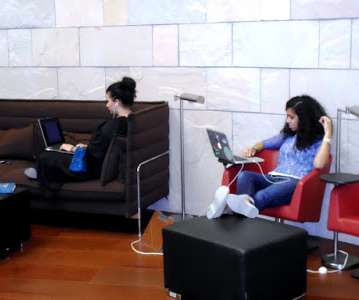Narrative pedagogy 3: Problem solving
Learning with e's
NOVEMBER 25, 2015
The world is full of problems. It is also the basis of problem based learning (or PBL). Students are presented with a problem and limited resources (e.g. yes, sometimes luck - to solve the problem. Sometimes they don't know how they solve the problem, or where it comes from. We encounter them every day.










































Let's personalize your content